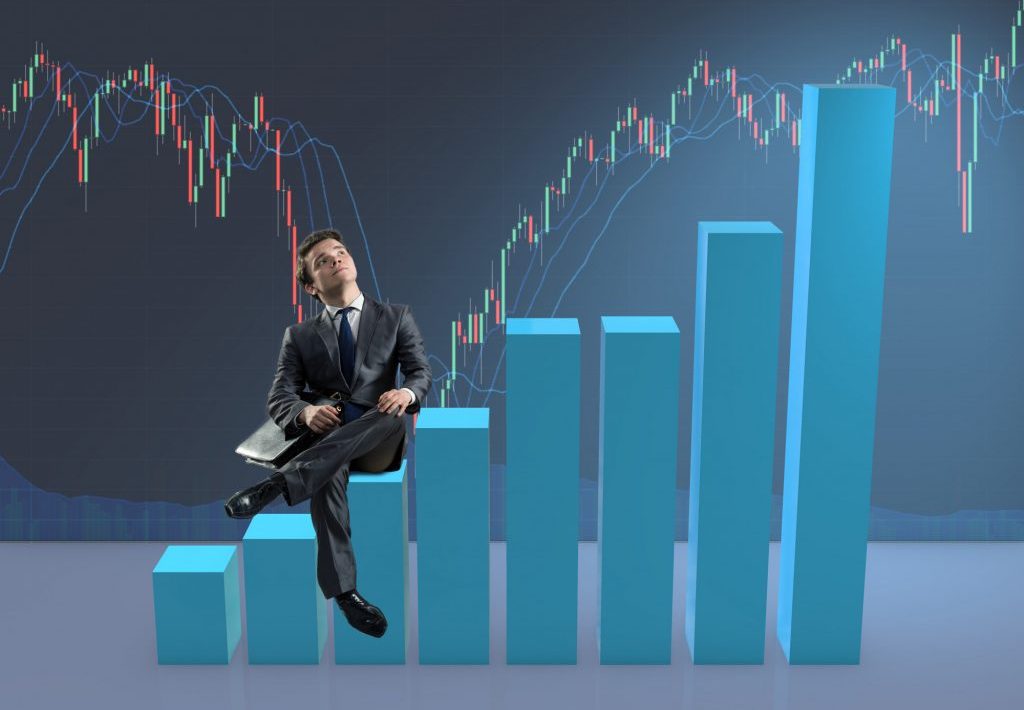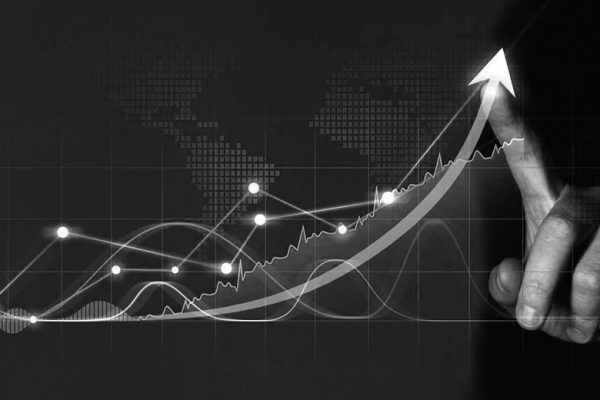Foreign exchange (Forex) trading appeals to many people because of the glamorous lifestyle that is commonly associated with it. However, success in this industry does not come without effort and commitment.
Although some successful traders would flaunt their wealth, others will be less transparent about the years of hard work it took to get there. In reality, learning to trade Forex successfully takes time, just like learning any other skill or job.
This article is written for both newcomers to the foreign exchange market and seasoned traders who could benefit from a refresher. For this reason, we have compiled a set of practices that we have found to be common among the most successful Forex traders.
Table of Contents
What Is Forex Trading and How Does It Work?
Foreign exchange (Forex) trading is an investment strategy based on the buying and selling of currencies.
The primary objective of Forex trading is to profit from accurate forecasts of whether one currency’s value will rise or fall in relation to another.
That’s why a trader would put their money into buying a currency today in the hopes of selling it tomorrow at a higher price. The term for this is “going long.”
Or, they may sell a currency with the expectation of buying it back at a lower price. Going short is a term for this situation.
Here Is a List of Successful Forex Traders’ Habits
If you want to turn a profit trading Forex, you need to start out by making smart decisions. In order to get you going, here are a few pointers.
Constant Learner
Each of the top Forex traders shares an insatiable appetite for knowledge and a never-ending thirst for information. Therefore, if you want to make money trading Forex, you should always be seeking out new information to improve your trading strategies and knowledge of the market.
Because of its high volatility and rapid changes in price, the foreign exchange market requires constant monitoring. Due to the dynamic nature of the markets, there will be occasions when you will need to make adjustments to your trading approach.
Know Your Limitations
You can’t predict your future trading performance without first knowing your limitations. Making sure you’re not employing too much leverage in relation to your initial investment and knowing how much you could afford to lose on each transaction are also part of this.
As a result, the procedure is a component of an effective risk management plan, which is something that ought to be incorporated into every trading strategy in order to ensure that you remain competitive going forward.
Make a Trading Plan
There’s a saying that goes “failing to plan is planning to fail.” You’ve probably heard this before. Despite the clichéd nature of the saying, it is true and crucial to your success in trading.
A trading plan is a roadmap that can help you navigate the markets successfully, whether you’re just starting out or have been doing this for years.
While it is necessary to have a trading plan, it is of equal importance to have the self-control necessary to adhere to that plan and put it into action.These skills are some of the fundamentals required to pass the evaluation for a prop firm funded account.
But if you’re just going to disregard your own strategy, why bother making one in the first place? So, keep in mind that if you do have a trading plan, it is in your best interest to stick to it.
Manage Your Emotions
The markets are considered to be driven by a combination of fear and greed.
Forex traders often rush into trades without proper research out of fear of missing out. And if the trade goes against you, you could lose money if you jumped into it too quickly.
Greed is another emotion that needs to be monitored and managed. It can encourage you to risk too much money in a single deal or to overtrade overall. If greed is the driving force behind your trading decisions, your investment cash is at risk.
To succeed as a trader, it is essential that you learn to control your emotions.
Develop a Risk Management Plan
Risk management is the single most important aspect of trading, according to every successful trader. It’s true that your trading success will be directly proportional to the quality of your risk management. A few key elements are all that are required for basic risk management.
In order to construct an effective risk management strategy, you should think about the following:
- How much money should be invested in each trade?
- To what extent should one’s capital be risked in any given trade?
- When should you call it quits and accept a loss?
- How much of a profit do you plan to make?
- How much should one’s leverage be for each trade?
- How much should one’s leverage be for each trade?
The best piece of trading advice is to protect your capital. Your ability to trade the following day depends on how well you secure your trading capital.
Start with a Demo Account
When first getting started in trading, it’s best to take things slowly and steadily rather than jumping in with both feet. One of the greatest ways to get started in forex trading is with a demo account.
There are many upsides to using a trial account, including:
- Possibility to become acquainted with the trading interface and the various trading items
- Start experimenting with various trading methods without risking any initial capital.
- Gain assurance when making investments.
Money Management
Money management is a crucial part of any trader’s strategy, and novices often find this out the hard way. Even if you have a winning approach, you won’t see any results if you don’t follow good money management practices.
The objective is to maximize profits while minimizing setbacks. You need to determine how much you can afford to lose and how much you stand to gain from a deal before you make it. There is no way to totally remove emotions from trading, but sound money management can help you limit the damage they do.
Cutting Losses Early
It’s tempting to ride out a losing trade in the hopes that market conditions may improve and allow you to get out of the transaction at breakeven or a profit. But optimism is a risky state of mind to trade with. Instead of allowing your losing positions to spiral out of hand, you need to have a solid risk management strategy in place and know how much you can afford to lose on a trade before you make it.
Maintain a Trading Journal
If kept up regularly, a trading journal could be an investor’s best friend. A trading plan journal is more than simply a place to summarize your trading approach; it’s also a place to record the insights and feedback that will help you improve your skill.
The best way to monitor your trading progress is to keep a trading journal, which you should master how to use and remember to update regularly.
Avoid FOMO
Mistakes that are expensive to fix can be triggered by the fear of missing out.
Many investors don’t mind broadcasting their successes, but they choose to keep their misfortunes to themselves rather than admit them online. Despite the price and your trading plan, you may feel tempted to join the crowd if you see that a lot of individuals are getting rich off of a certain trade (say, long Bitcoin). This is risky since you are acting primarily on emotion rather than logic, and the window of opportunity may have already closed.
Successful traders never act out of fear of missing out (FOMO) and rush into a trade without proper preparation.
Adapt to the Market
Market conditions can quickly and frequently alter. For instance, if the Forex market is in a prolonged consolidation phase, your range trading technique may prove fruitful.
However, when volatility spikes suddenly and dramatically, you’ll need to respond swiftly to either change your strategy or explore elsewhere for markets where you can still find successful trading opportunities.
Strong Technical Analysis
People who are just starting out frequently have the misconception that they have to decide between employing fundamental analysis or technical analysis. However, this is not the case, as many successful traders employ both approaches. You can benefit from knowing about technical levels (for better entry and exit points, for example) and indicators (to help you identify when a market is overbought or oversold) even if you’re primarily a fundamental trader.
Invest with a Regulated Forex Broker
It is critical that you work with a reliable and licensed broker since doing so will guarantee that you are given fair treatment as a client, that you will receive the execution that was promised, and that you will have peace of mind knowing that your assets are secure.
Final Thoughts
Trading successfully isn’t a walk in the park, but as the saying goes, “nothing worth having comes easy”.
It’s not going to be easy, but if you stick with it, you might be able to reap some truly amazing rewards. You need to know where you want to go before you can get there. Are you looking to trade as a side hustle, or do you hope to make it your full-time profession?
The next thing to do is establish a strategy for learning. Since there is a wide range of options, it is essential to select the appropriate course, books, and mentor to maximize your time and progress. Afterward, there will be a great deal of learning through error.
Traders, even the finest in the world, can’t afford to get complacent, so keep that in mind.





